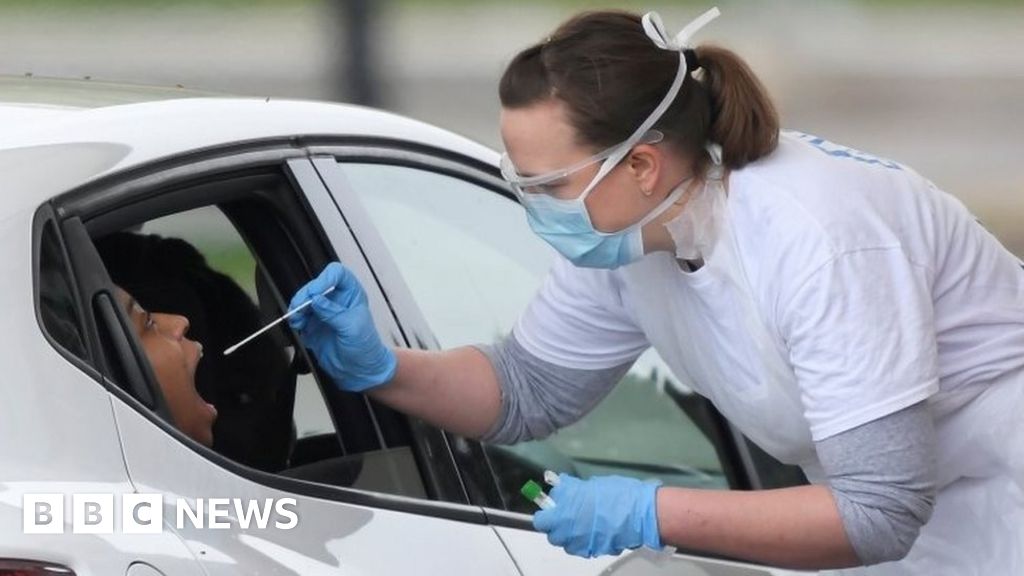Not accurate. I have a 20 something year old in Germany who has been vaccinated with J&J
RKI - Empfehlungen der STIKO - STIKO zu COVID-19-Impfstoff Janssen, STIKO zum Einsatz der COVID-19-Impfstoffe in der Schwangerschaft, Pressemitteilung
Der abgestimmte Beschlussentwurf und die wissenschaftliche Begründung befinden sich aktuell im Stellungnahmeverfahren mit den Bundesländern und den betroffenen Fachkreisen. Die Verabschiedung des Beschlusses wird nach Prüfung der Rückläufe und erneuter Beratung der STIKO erfolgen. Grundsätzlich...
The advise is still that only over 60 years old get vaccinated with AstraZeneca or J&J. It is possible ttp get it while being in a youger age group if you get medical advice from a doctor and you accept the risks. My statement is accurate. The recommendation is still in place - people can chose to go against that advice if they wish so.
Last edited:

